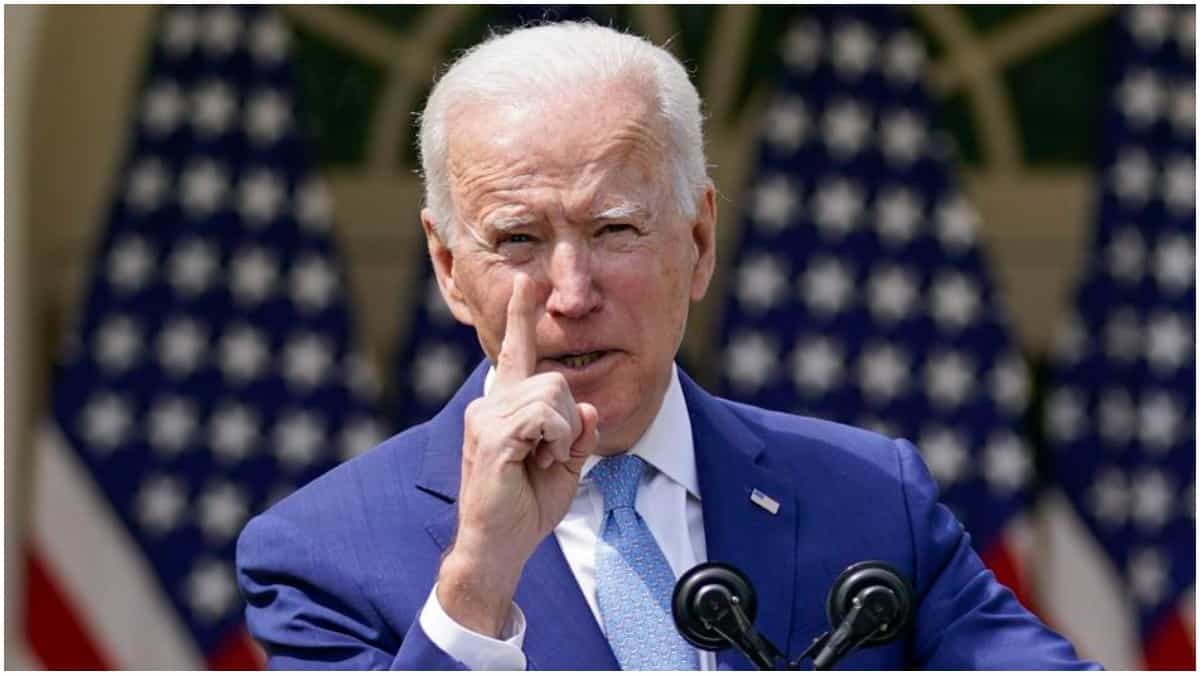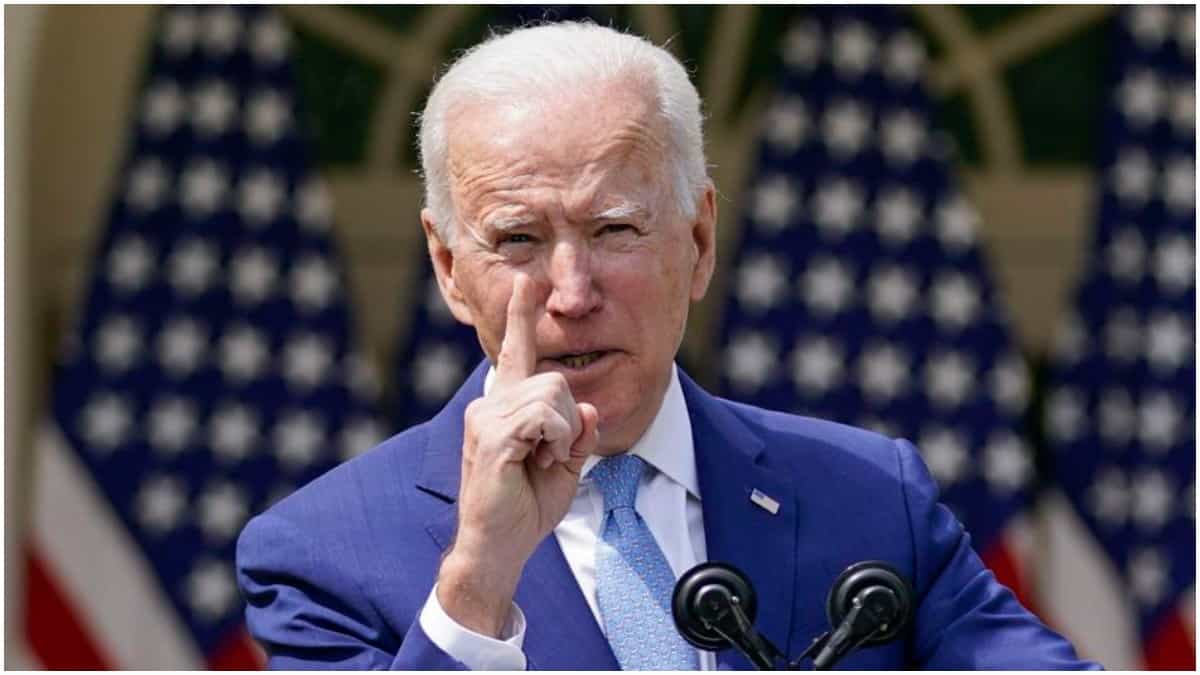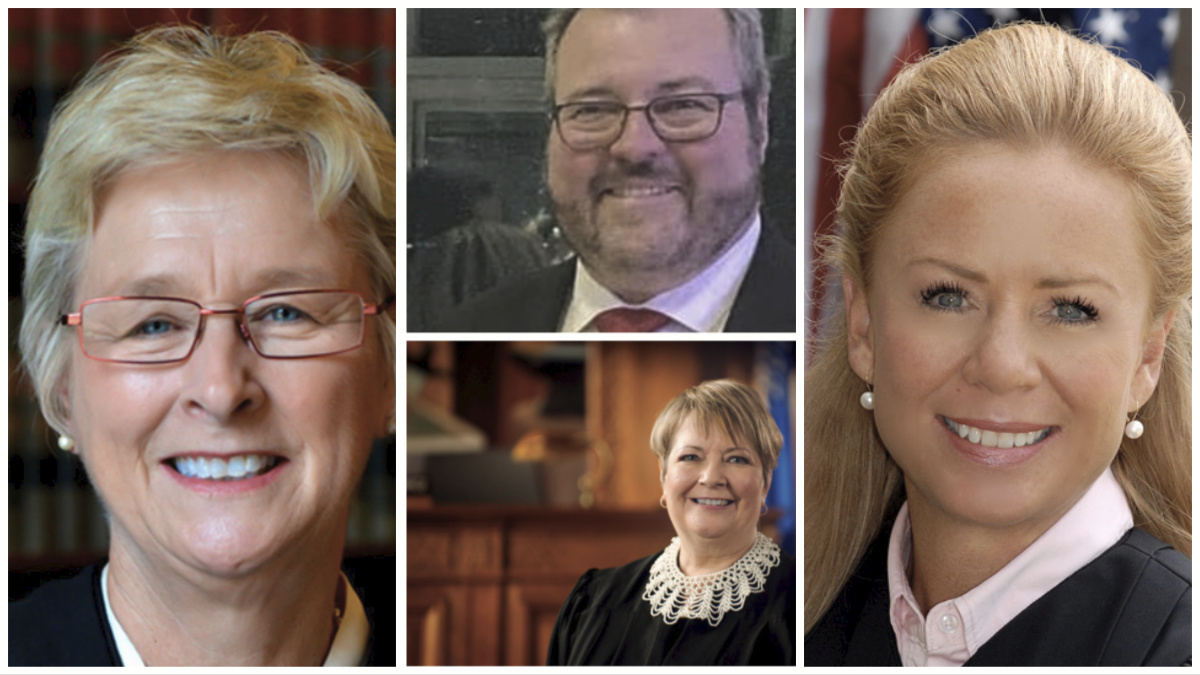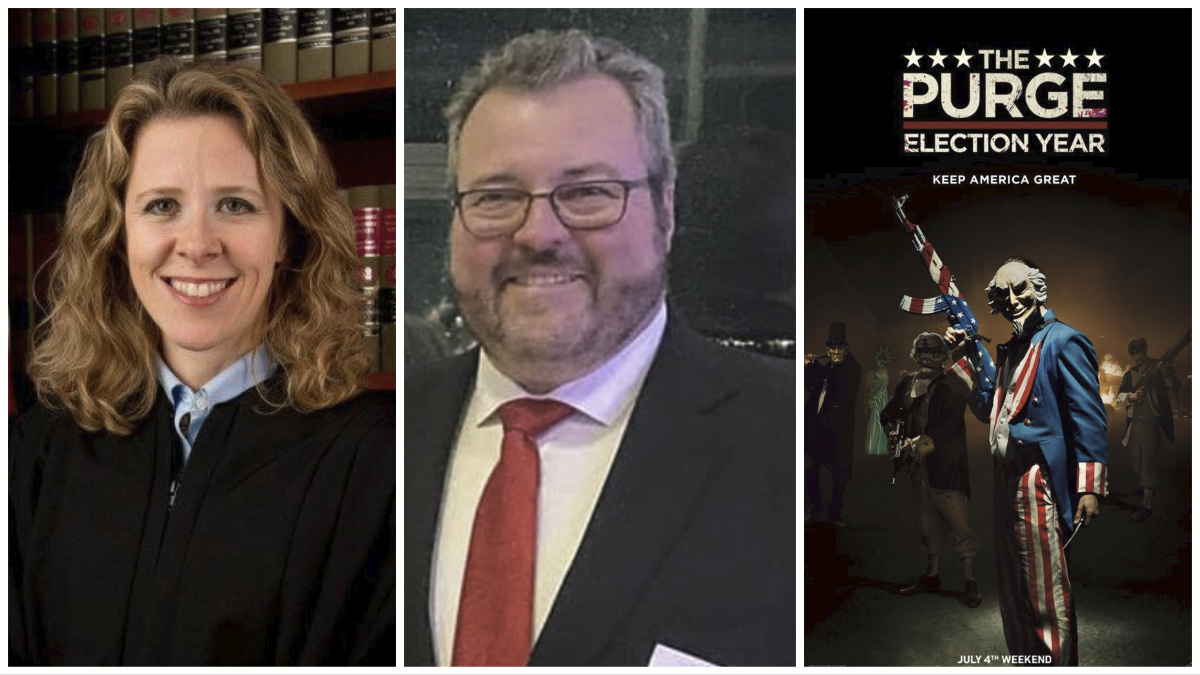This is part 3 in a multipart series exploring gender treatments in Wisconsin hospitals.
Three major hospitals in Wisconsin that perform gender surgeries and/or treatments on minors justify them by relying on guidelines from three associations with lofty-sounding names. However, those associations are riddled with ideological bias and conflict of interest concerns and once considered recommending castration and hysterectomies for minors, Wisconsin Right Now has found.
Children’s Hospital’s website notes, “Our approach is guided by widely accepted medical and scientific evidence and follows guidelines endorsed by World Professional Association for Transgender Health, Endocrine Society, and American Psychological Association.”
UW Health makes similar claims. “We rely on best practice standards and guidelines from organizations such as the WPATH, Pediatric Endocrine Society and Endocrine Society,” its spokesperson says.
Marshfield Clinic: Earlier this year, Marshfield Clinic sponsored a conference that featured Laura Edwards-Leeper, PhD. In an online advertisement for the conference, “the information provided will be consistent with the World Professional Association’s Standards of Care – Version 8, but the focus will go beyond what is available in the WPATH document.”
The advertisement describes Edwards-Leeper as a member of “the American Psychological Association Task Force which developed practice guidelines for working with transgender individuals, the SAMHSA committee that helped develop a consensus statement regarding the danger in using conversion therapy with LGBT youth, and was the chair of the World Professional Association for Transgender Health’s (WPATH) Child/Adolescent Committee. She was also selected to be on both the child and adolescent WPATH committees that revised the Standards of Care (Version 8, released in September 2022). She has been identified as an international expert in this area.”
In 2022, a draft of the guidelines, which are used in the U.S. and internationally, were going to reduce the minimum age for a variety of transgender treatments, including allowing castration and hysterectormies of minors. The guidelines were going to recommend prescribing hormones to minors to 14, to 15 for breast removal, 16 for breast augmentation and facial surgeries, 17 for hysterectomy, vaginoplasty or removal of testicles, and 18 for phalloplasty, according to BMJ. The article said the change came after news outlets published the planned reduction of the age recommendations, and social media criticism erupted.
According to a 2022 Economist article, “The latest standards of care by the World Professional Association for Transgender Health (wpath) on September 15th was a mess. Known as soc8, they originally included a list of minimum ages for treatments—14 for cross-sex hormones, 15 for removal of breasts, 17 for testicles. Hours later, a ‘correction’ eliminated the age limits. The head of the drafting committee, Eli Coleman, said the publisher went ahead ‘without approval’ before final changes were made.”
Coleman told The BMJ, “This whole controversy over treatment of youth was certainly heating up, and we got feedback from
different groups who are still worried about anything that would hurt providing access to transgender youth, so we went back and really took a strong look at this last draft and we made some final decisions to make a few of these revisions.”
Riddled With Controversies
However, these associations are riddled with controversies.
In part 1, we reported that more than 260 juveniles received puberty blockers or hormone therapy in recent years from two major Wisconsin hospitals, and at least 21 juveniles underwent breast surgeries – in most cases mastectomies – in the state since 2021 because of “gender dysphoria.”
The American Psychological Association pushes research arguing that allowing “gender creative children who eventually identify as cisgender the freedom to explore their gender – even with puberty blockers – helped them feel more confident in their ultimate decisions about their gender identity.”
However, the association has long pushed controversial left-wing political stances.
According to Capital Research, when the American Psychological Association (APA) published its guidelines for Psychological Practice with Boys and Men in August 2018, controversy erupted because the group “instructed therapists and clinicians to treat traditional masculinity (defined as stoicism, competitiveness, dominance, and aggression) as ‘on the whole, harmful’ and entirely socially constructed.”
Capital Research found that “the psychologists who make up the APA are overwhelmingly left-wing. A 2012 study found that of 800 psychologists surveyed, only 6 percent identified themselves as conservative.”
Furthermore, the article says, APA has been funded by a series of left-wing foundations, including the Arcus Foundation, which structured “many of its grants to focus on LGBT issues.” According to Influence Watch, that foundation is associated with billionaire medical device heir Jon Stryker. One of its two main goals is “to promote LGBT activism,” Influence Watch reported.
Since the election of President Trump, “the APA expanded its range of issues to include climate change and immigration, Capital Research reported.
The other association cited by the hospitals is known as WPATH (World Professional Association for Transgender Health), which recently updated its guidelines.
According to HR Executive, new guidelines issued by WPATH show that “Gender-affirming adolescent care remains unclear and controversial.” Although they lowered the age guideline, HR executive noted, “The implications of long-term puberty blockers are not fully known, but concerns have been raised around issues of bone health for these patients, particularly transgender males.”
Canadian Gender Report, a group of parents and professionals, found “challenges in guideline development” that “include limitations in the scientific evidence on which clinical practice guidelines (CPGs) are based, lack of transparency of development groups’ methodologies, questions about how to reconcile conflicting guidelines, and conflict of interests among guideline development group members and funders.”
A non-profit patient safety organization, ECRI Guidelines Trust, has stepped in to evaluate the groups, the report says.
“When ECRI was contacted by this author and asked why WPATH guidelines were not included, and why the Endocrine Society guidelines did not have a scorecard rating, they responded in an email, saying that the reason the Endocrine Society guidelines did not meet inclusion criteria to be rated was because ‘Only a few of their recommendations were supported by the systematic review; the majority were not,'” the report says. “The reason WPATH was not included, ECRI stated, was because the guidelines were over five years old, and ‘did not use a systematic review to process.'”
A “systematic review of clinical guideline development in 2011 revealed 56 to 87% of the authors had a conflict of interest (COI) in all clinical practice guidelines. Obvious financial COIs such as affiliations with pharmaceutical companies are a given. Research grants, support from foundations,” the site says.
“When looking at the WPATH committee who worked on the current SOC (guideline) document, a cursory examination of the members reveals that every one of the members have significant COIs (conflicts of interest),” says the report.
“The majority of the members are from the US, and six of them have affiliations with the same university–the University of Minnesota Program in Sexuality, which is primarily funded by a transgender advocacy organization (Tawani Foundation),” according to Canadian Gender Report.
Eli Coleman, “the committee chair for the WPATH SOC, who IOM guidelines stipulate should be completely free of conflict of interest, has his very position at the University of Minnesota funded by Jennifer Pritzer, a trans person and head of Tawani,” says the report. “Three of the same committee members for the WPATH Guidelines, also served on the Endocrine Society guideline committee, which means intellectual COI (conflict of interest) is at play.”
The report concluded: “WPATH has a history of being funded and pressured by transgender activists and transgender organizations.”
A 2018 study published by The Journal of Clinical Endocrinology & Metabolism studied “Financial Conflicts of Interest Among Authors of Endocrine Society Clinical Practice Guidelines.” They found conflicts of interest among many of the authors. “Conflicts of interest in which pharmaceutical and device companies manufactured drugs or products pertinent to an author’s specific clinical practice guideline(s) were deemed relevant,” the authors wrote, finding that “relevant nonresearch financial conflicts of interest were self-reported by 42% of authors of clinical practice guidelines.”
WPATH’s Standard of Care Authors
WPATH’s website currently lists these “chairs of the SOC8, lead evidence” team:
1. Eli Coleman, PHD, chair. “Professor, Director and Academic Chair, Program in Human Sexuality, Department of Family Medicine and Community Health, University of Minnesota Medical School (USA) He holds the first and only endowed academic chair in sexual health.”
The Eli Coleman Institute for Sexual and Gender Health at the University of Minnesota has this mission: “Revolutionizing the sexual and gender climate by eliminating barriers and advancing healthy sexuality. Leadership in sexuality research, education, clinical care, and advocacy to promote positive sexual and gender health for all.” The center also sees its role as “Advocating for sex and gender rights.”
According to Transgender Map, Coleman spoke of the importance of “expert testimony in a Florida custody case won by a trans father, and the need to fight renewed efforts by the religious groups which still stigmatize transpeople.” He is the founding editor of International Journal of Transgenderism and International Journal of Sexual Health.
He also criticized a book by a Northwestern professor who, according to the New York Times, had “argued that some people born male who want to cross genders are driven primarily by an erotic fascination with themselves as women.”
According to Transgender Map, Jamison Green, a writer and educator, said of Coleman’s speech on that professor’s book: “He was urging HBIGDA as an organization and the membership as a whole (as individuals) to become more assertive in addressing social and political issues that affect transpeople.” The site says Coleman presented a 10-point plan at the international conference that included “end stigma and discrimination. Change laws and social policies. Change religious views. Promote social tolerance for diversity.”
The Eli Coleman Institute for Sexual and Gender Health in April promoted this event: “Join us @BarrelTheory
on Thu 5/18 for our next Sex Science Happy Hour w/ special guest Sarah Auna, a queer birth advocate & author who helps families navigate America’s birth-phobic culture.”
Last October, the Institute tweeted, “Dressing up isn’t only for Halloween. Today we’re debunking the myth that roleplay (including wearing costumes) during sex is abnormal. Swipe for more on how sexual roleplay & other forms of kink are normal, healthy expressions of sexuality.” The site retweeted a tweet that reads, “Don’t condone violence? Distribute that generational wealth attained violently. Support robust reparations. Defund the police. And you should be furious about what’s happening to trans people.”
The site also tweeted, “The Department of Health & Human Services (HHS) stands with transgender and gender nonconforming youth and their families—and the significant majority of expert medical associations in unequivocally stating that gender affirming care for minors, when medically appropriate and necessary, improves their physical and mental health.”
The Economist noted, “Wpath, based in Illinois, has been the main transgender-health organisation that is looked to for guidance across the world. Since its views count, critics worry about soc8 saying hormones and surgery should be allowed at even younger ages. They think this medicalises too many teens who need neither, just therapy. Soc8 also says puberty blockers are reversible, a contested claim.”
Salon reported in June 2022, “The World Professional Association for Transgender Health has declared that the minimum age for gender transition treatment can now be lowered to 14, which is two years younger than previously advised. Along with that decrease in the age requirement for hormone treatments, the association has also moved to lower the minimum age for some gender reassignment surgeries to between 15 or 17.” Salon reported, “Under the new guidelines, girls will be able to start puberty blockers between the ages of 8 to 13, and two years later for boys.”
Salon reported that the new guidelines recommended “most genital surgeries starting at age 17, including womb and testicle removal, a year earlier than previous guidance” and “Breast removal for trans boys at age 15.”
The Associated Press quoted Coleman as supporting the age reductions. The AP paraphrased him as saying, “Starting treatment earlier allows transgender teens to experience physical puberty changes around the same time as other teens.” It noted, “he stressed that age is just one factor to be weighed. Emotional maturity, parents’ consent, longstanding gender discomfort and a careful psychological evaluation are among the others.”
2. Asa Radix, MD, PhD, MPH (Co-chair). Senior Director, Research and Education, Callen-Lorde Community Health Center, Clinical Associate Professor of Medicine, New York University, (USA). “Doing research within LGBTQ+ communities, especially when you are part of the community, can bring additional challenges and responsibilities. You are expected to wear multiple hats (investigator, advocate, community leader, among others) and if you do not take care of yourself, you may find that you are quickly overwhelmed and in danger of burn-out,” Radix said.
St. George’s University wrote, “Asa Radix, MD ’88, PhD, MPH decided to pursue medicine out of a desire to offer patient-centered healthcare in an often-overlooked community in need. Dr. Radix’s career has focused on LGBTQIA+ (Lesbian, Gay, Bisexual, Transgender, Queer, Intersex, Ally, plus) health and policy and being able to ensure patients receive quality care that is respectful, non-judgmental, and meets the unique needs of members of the LGBTQIA+ community.” On one panel, Radix said, “my pronouns are he or they” and attributed COVID deaths to structural racism.
Radix co-wrote a paper on what happens with parents and transgender children disagree about treatment. “We discuss three potential avenues for providing gender-affirming care over parental disagreement: legal carve-outs to parental consent, the mature minor doctrine and state intervention for neglect. Our discussion approaches this parent-child disagreement in a manner that prioritises the developing autonomy of transgender youth in the decision-making process surrounding medically assisted gender affirmation,” it says.
3. Jon Arcelus, MD, PhD (Co-chair). Full Professor of Mental Health and Transgender Health, University of Nottingham, (UK). He is listed as “transgender health specialist at the Nottingham Centre for Transgender Heath and Emeritus Professor of Mental Health and Wellbeing at the University of Nottingham.” His research has included studying the romantic relationships of transgender people. He edited a “transgender handbook.” He is an Associate Editor of the International Journal of Transgender Health.
4. Karen A. Robinson, PhD (Lead, Evidence Review Team). Associate Professor of Medicine, Epidemiology and Health Policy & Management, Johns Hopkins University, (USA)
Table of Contents






















